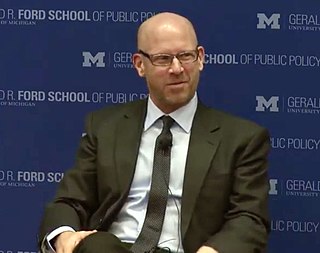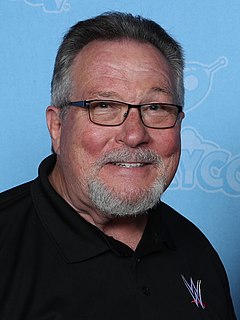A Quote by Henry Giroux
Any society's insistence on how it takes democracy seriously can, in fact, be measured by the way it treats its children. And if we take that index as a measure of the United States, it's utterly failing. You have young people basically who - in schools that are increasingly modeled after prisons. You have their behavior being increasingly criminalized. And one of the most atrocious of all acts, you have the rise of debtors' prisons for children.
Related Quotes
The war on drugs causes other supplemental crimes to take place because of the original illegality of it. But then again, that's the other reason that they're fighting it is the corporate prisons they have now. Because they've privatized all our prisons, corporations have to make money, and the only way they can make money is, I believe, the prisons have to be at least 80-90 percent full. That's why the United States - which is home of the brave, land of the free - we have more people in prison than any other country in the world.
I've written about illegal immigrants in the United States; I spent a year following migrant farm workers as they were harvesting. I've written about our criminal justice system, and how it treats the victims of crime. I've been working for years now on a book about prisons in America, and I've been going into prisons and traveling around the country and seeing what's going on.
Children became an obsessive theme in Victorian culture at the same time that they were being exploited as never before. As the horrors of life multiplied for some children, the image of childhood was increasingly exalted. Children became the last symbols of purity in a world which was seen as increasingly ugly.
I think part of why schizophrenia got linked to civil rights protest in the '60s was because mainstream society was coding threats against the smooth running of the state as insanity and treating it as such, and so as that happens you see the evolution of a process in which people with schizophrenia are increasingly feared and our hospitals, particularly the kind of hospital that I look at in the book become to look more and more like prisons, to the point where many of them including the one I talk about actually become prisons.
The wave of punitiveness that washed over the United States with the rise of the drug war and the get tough movement really flooded our schools. Schools, caught up in this maelstrom, began viewing children as criminals or suspects, rather than as young people with an enormous amount of potential struggling in their own ways and their own difficult context to make it and hopefully thrive. We began viewing the youth in schools as potential violators rather than as children needing our guidance.
School is established, not in order that it should be convenient for the children to study, but that teachers should be able to teach in comfort. The children's conversations, motion, merriment are not convenient for the teacher, and so in the schools, which are built on the plan of prisons, are prohibited.
































